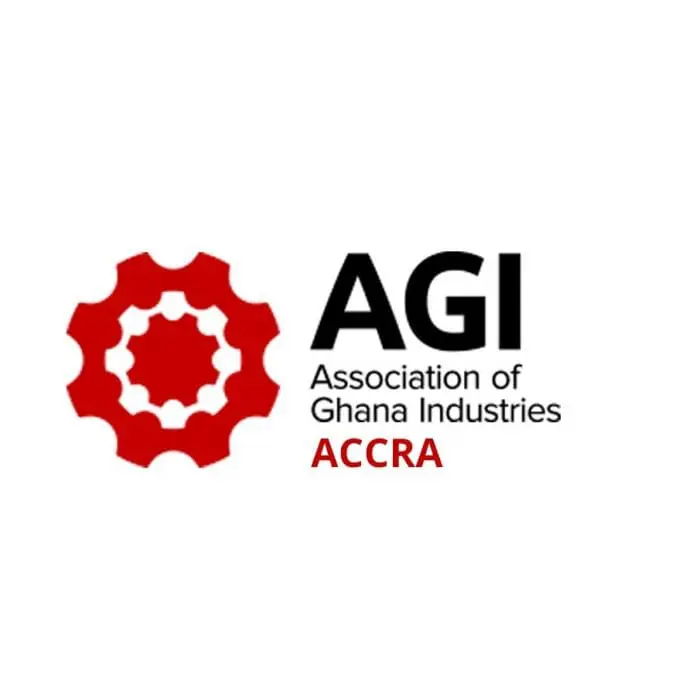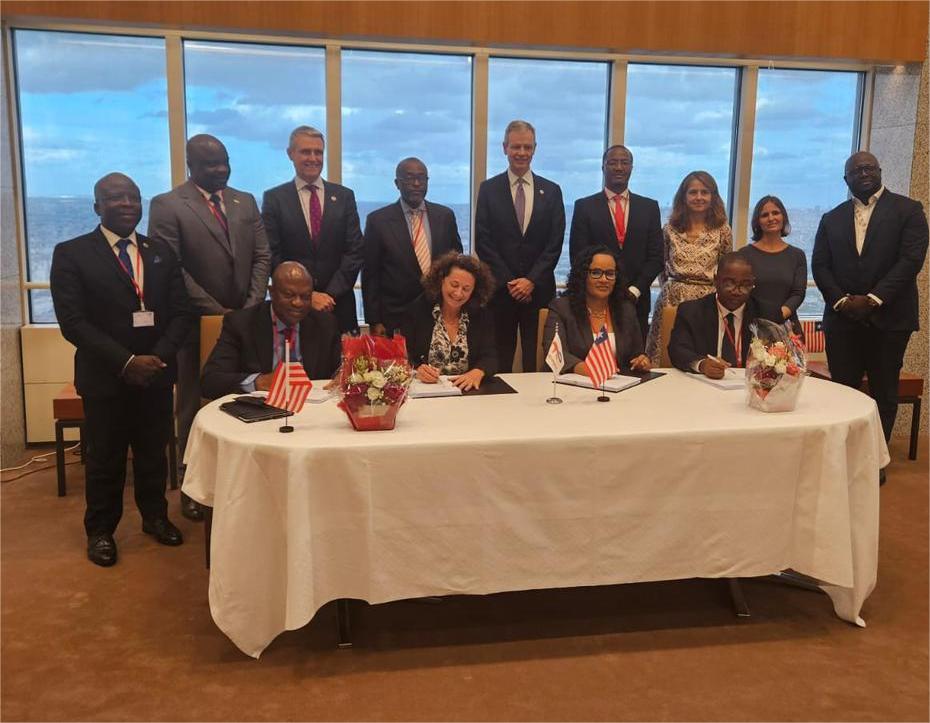By Ghana News
Copyright ghanamma

Ghana’s manufacturers are reporting declining sales and weakened consumer appetite for locally-made products, creating a troubling disconnect with the country’s broader economic recovery trajectory, according to the Association of Ghana Industries (AGI).
The warning comes at a time when Ghana’s confidence has hit multi-year highs with inflation dropping from 23.8% in December 2024 to 11.5% by August 2025, and producer price inflation reaching a two-year low of 3.0% in August 2025. Despite these positive macroeconomic signals, manufacturers are experiencing a different reality on the ground.
AGI President Dr. Humphrey Ayim-Darke disclosed that member companies have documented significant decreases in consumption of domestically manufactured goods since early 2025. The paradox highlights how macroeconomic stability has not yet translated into increased purchasing power for businesses and households.
“Our members have already started reducing prices, and manufacturing is often done within a 90-day cycle,” the organization noted in recent statements, indicating efforts to stimulate demand through price adjustments.
The demand weakness stems from persistent liquidity constraints throughout the economy, which continue to limit spending capacity across both corporate and consumer segments. This situation creates particular challenges for industries that had anticipated stronger domestic consumption following the stabilization of key economic indicators.
The manufacturing sector’s struggles stand in stark contrast to recent positive economic data. Manufacturing showed 6.6% growth alongside trade at 7.1% and crops and cocoa at 6.7%, suggesting structural growth beneath surface-level demand challenges.
However, the liquidity crunch remains a persistent obstacle. Many manufacturers report difficulties accessing credit facilities and managing cash flow despite improved macroeconomic fundamentals. This situation is particularly acute for small and medium-sized enterprises that form the backbone of Ghana’s industrial base.
The AGI is pressing for targeted interventions to bridge the gap between macro-level improvements and ground-level business realities. Proposed measures include enhanced credit access for manufacturers, expedited payments for government contracts, and specialized support packages for industries operating below optimal capacity.
The organization’s concerns reflect broader challenges facing emerging economies where macroeconomic stabilization often precedes improvements in business operating conditions. While fuel prices and inflation have shown signs of stabilization with food inflation declining consistently since February 2025, the benefits have not yet reached consumers’ purchasing decisions.
Industry analysts suggest the lag between economic indicators and consumer behavior reflects deeper structural issues within Ghana’s financial system. Limited credit availability and high borrowing costs continue to constrain both business expansion and household consumption despite improved inflation performance.
The situation poses strategic challenges for policymakers who must balance continued macroeconomic stabilization efforts with measures to stimulate domestic demand. The AGI’s emphasis on liquidity support reflects recognition that sustainable industrial growth requires both stable economic fundamentals and functional credit markets.
For Ghana’s manufacturing sector, which represents over 1,200 AGI member companies across all regions, the current environment presents both opportunities and challenges. While production costs have decreased due to lower inflation and currency stability, demand-side constraints limit the sector’s ability to capitalize on these improvements.
The organization’s call for government intervention underscores the complex relationship between macroeconomic policy success and microeconomic business performance. As Ghana continues its economic recovery journey, addressing the disconnect between aggregate indicators and individual business experiences remains a critical priority for sustainable growth.
Looking forward, the manufacturing sector’s performance will likely serve as a key indicator of whether Ghana’s economic stabilization can translate into broad-based prosperity. The resolution of current liquidity constraints will be essential for ensuring that macroeconomic gains reach businesses and consumers across the economy.



